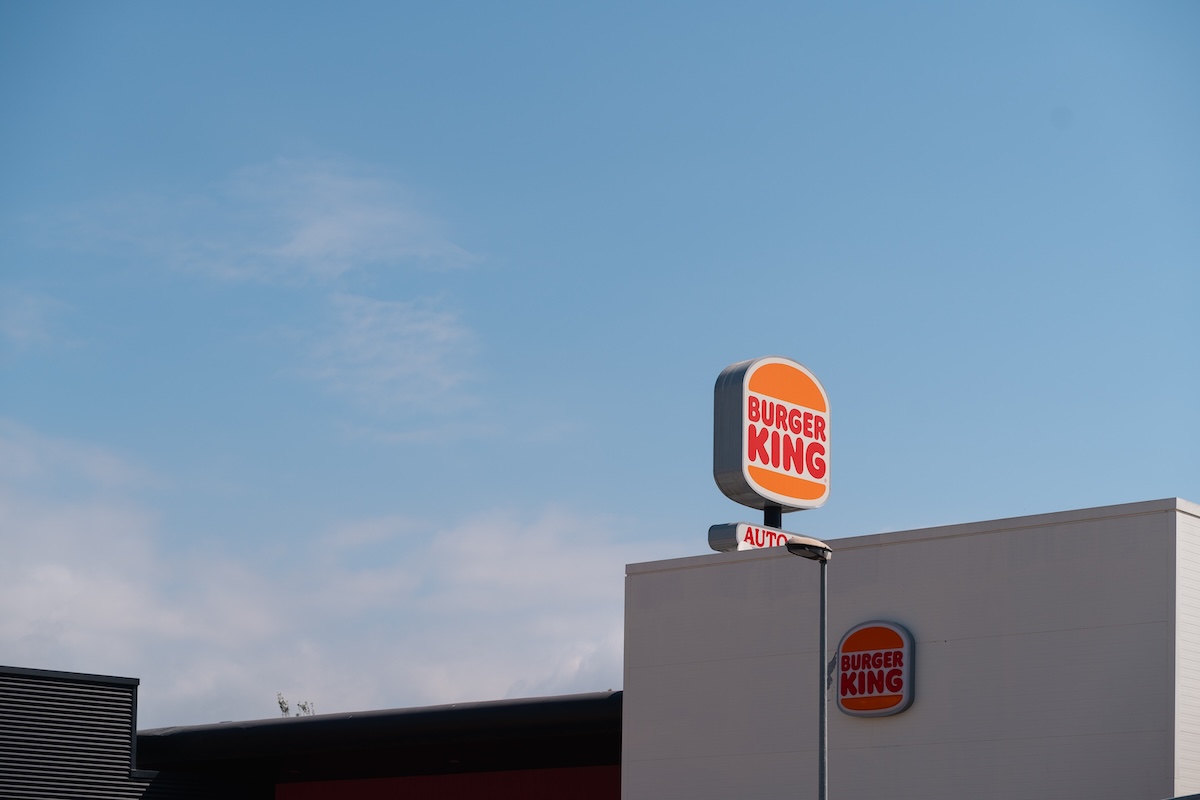
In yet another sign of belt-tightening, Restaurant Brands (QSR) — the owner of Burger King, Popeyes, and Tim Hortons — missed Wall Street expectations in the first quarter.
Restaurant Brands brought in 75 cents per share in profit on $2.11 billion in sales last quarter — slightly below what Wall Street was expecting. Analysts had penciled in 78 cents and $2.13 billion.
Meanwhile, profits dropped by nearly a third compared to a year ago, with net income falling from $230 million to $159 million.
But perhaps most alarming, same-store sales — a key measure of organic growth in restaurants — declined across all three major brands compared to last year.
CEO Josh Kobza called the first quarter “our weakest,” noting the company had expected a slow start.
What he didn’t expect was that “some of the macro noise may have driven further softness,” citing the Trump administration’s ongoing trade war and its ripple effects on consumer confidence.
QSR stock closed Friday at $67, down 0.6% on the day. The stock remains up more than 3% year-to-date, outpacing the S&P 500 as it continues rebounding after President Trump’s “Liberation Day” tariff announcement.
Analysts warn that Restaurant Brands’ miss isn’t a company-specific problem but part of a broader trend: weakening demand from lower-income Americans.
Drive-thru in recession?
Slumping fast-food sales could be an early sign of recession, as millions of Americans tighten their belts, says Spencer Hakimian, founder of Tolou Capital Management.
“The bottom half of the country is already in a recession,” he said in a recent X post. “And all the president is doing is temporarily lowering tariffs on Range Rover from 25% to 10%,” referencing the latest trade deal between the U.K. and U.S.
The bottom half of the country is already in a recession, and all the president is doing is temporarily lowering tariffs on Range Rover from 25% to 10% (please note it was 0% a month ago).
undefined Spencer Hakimian (@SpencerHakimian) May 8, 2025
Main Street’s turn! pic.twitter.com/AxIeR69olr
Restaurant Brands isn’t alone.
McDonald’s and Domino’s have also flagged shrinking sales as economic uncertainty rises, largely fueled by President Trump’s tariff agenda and its ripple effect on consumer prices.
“Less affluent consumers are most vulnerable to inflation,” said Sky Canaves, analyst at eMarketer. “One of the first areas they cut back on is dining out.”
There’s not enough data to declare a full-blown recession, but red flags are mounting. U.S. GDP shrank in the first quarter, marking the first economic contraction since 2022.
Economists attribute the decline in part to businesses rushing to import goods ahead of new tariffs.
Your email address will not be published. Required fields are markedmarked